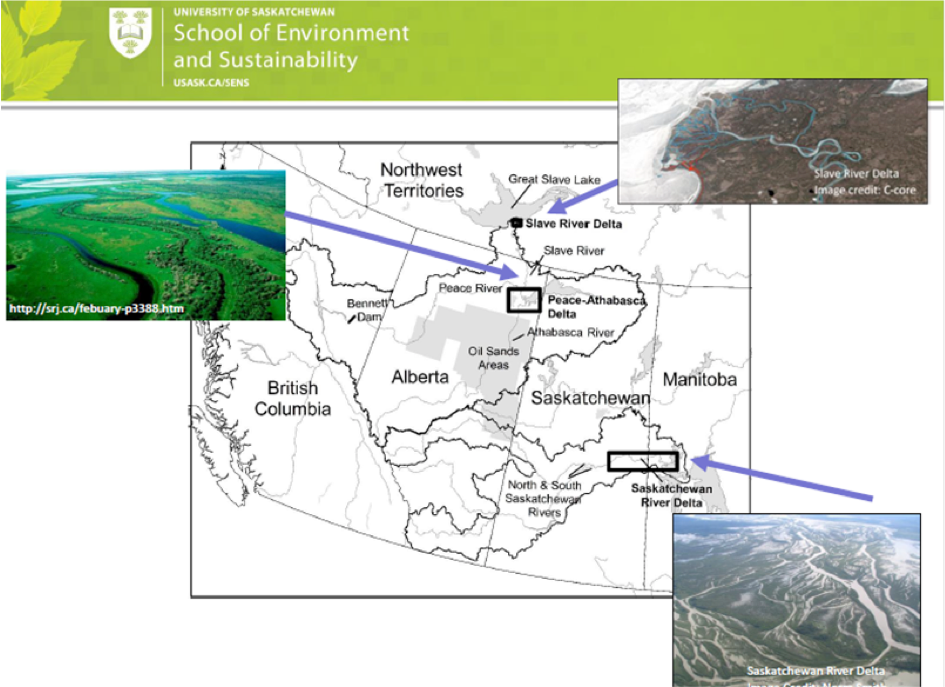We were privileged to have two guest speakers in the INDEV 101 class on Governance and Development. The two speakers, Pranab Choudhury and Evan Andrews, both talked about their experiences with water and watersheds in their respective areas of research. The many issues linked to the topic of governance and development that were spoken about by both speakers are also relevant to other topics on international development that were tackled throughout the term.
Choudhury highlighted the results of his studies on India regarding the issues surrounding the state and its control over farmers, the water and land they use for their livelihood. Discussing the top-down approach, Choudhury brought upon the problems that come with the control and the issues the farmers have to deal with every single day facing various adverse effects due to the control they are under.

Source: Watershed Development in India: Learning through experience. India Water Portal
Choudhury’s personal experiences and research done within India brought up topics that relate to social-ecological systems, vulnerability assessment, human rights, and justice and power. When Choudhury spoke about the steps that have to be taken before a watershed plan can be developed, the most important step was addressing land rights. Otherwise, the poor will continue to get poorer and the rich will get even more rich from the lands. Yet land rights are still not being established so the benefits remain unequally distributed. The poor gain nothing since they own none of the land. This specifically sparks connection in understanding vulnerability, in the voices of the poor approach (Narayan et al, 2000). This approach expresses how the development discourse about poverty has been dominated by perspectives of people who are not poor themselves. The same is applicable to our topic of governance and development. Governance is directed by the wealthy, who in turn, benefit the rich and not the poor. Choudhury expressed the importance of resource rights, participation, and local governance which follows the voices of poor approach.

Source: University of Saskatchewan, School of Environment and Sustainability
Andrews shared similar ideas, using the experience he obtained when researching the three river deltas that encompass indigenous communities in Northwest Territories, Alberta and Saskatchewan. The issues he discussed brought to light the building of the hydro dams within these deltas that ruined what was once a beautiful range, critical for the survival of many different species and the Indigenous communities’ ways of life. Following a bottom-up approach, Evan Andrews explained how he and his group, along with the Indigenous community, fought the construction of the hydro dams and used many different methods to prove that the rights involved in this situation were being disregarded.
Andrews went into detail about the three Canadian river deltas and how the development in those areas affected the neighbouring residents that lived in the area. What seems to be for the “greater good”, like construction of hydro power, is in fact damaging the environment and the culture of the people who have lived in the deltas for generations. Andrews went into depth about how colonisation has always played a huge role in disrupting the indigenous culture and the river deltas. Many of the indigenous communities have been outspoken about this problem and how the river deltas store a part of their lives and teachings, passed down from generation to generation. Though many have tried to convince the government into ceasing development in the deltas, the controversy remains unresolved. Is it better to save the deltas but lose the benefit of powering many people’s homes, or is it better to destroy the deltas and the culture with it to better the Canadian economy? Without question, either option will upset people despite whatever decision is made.